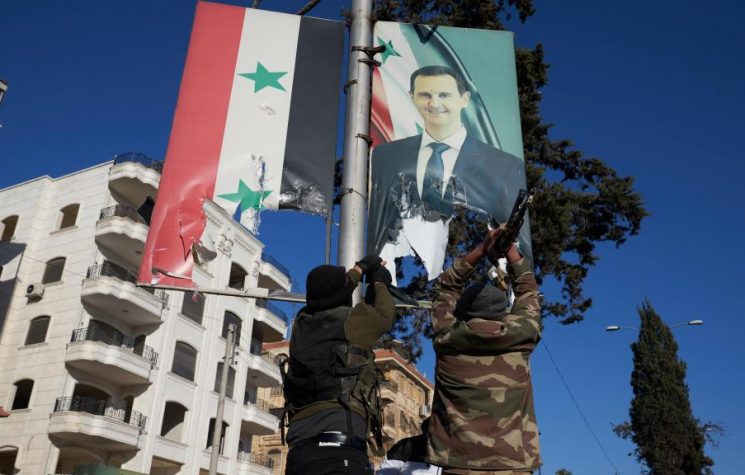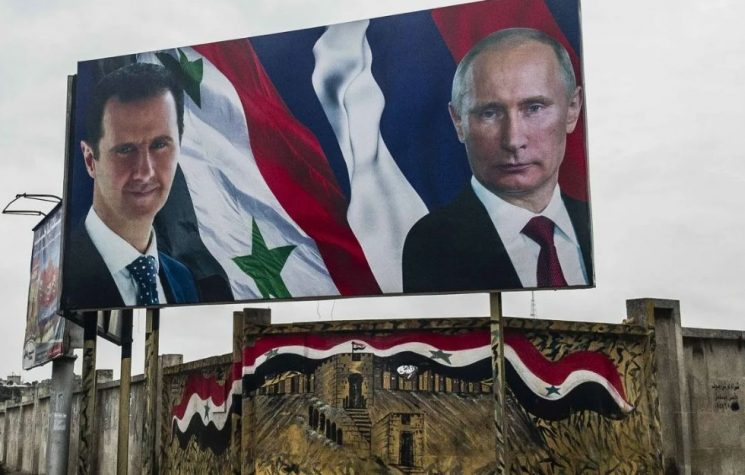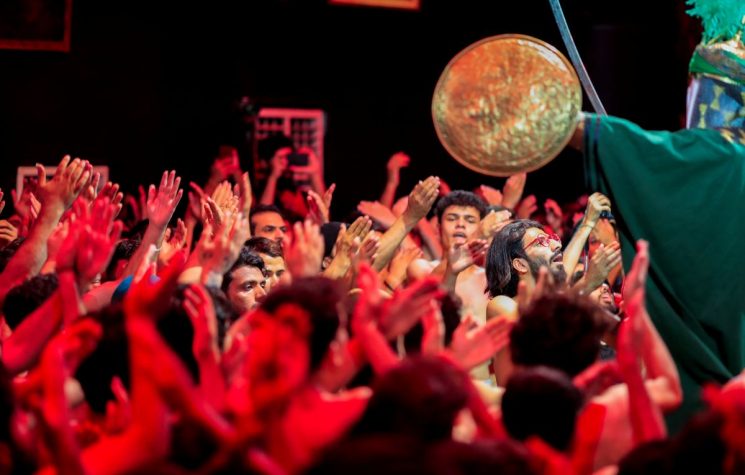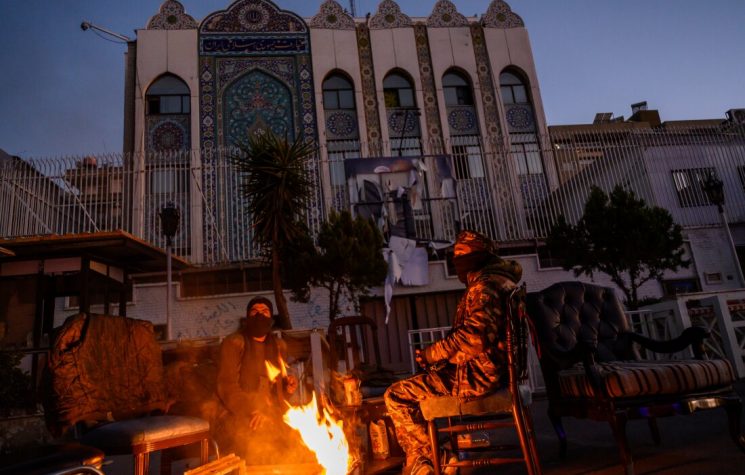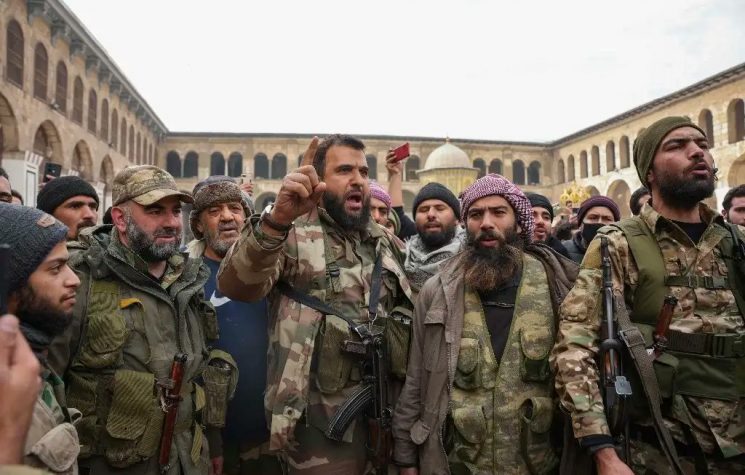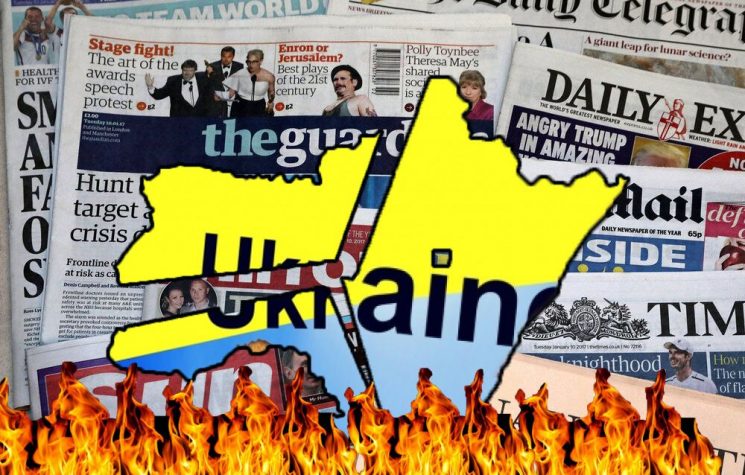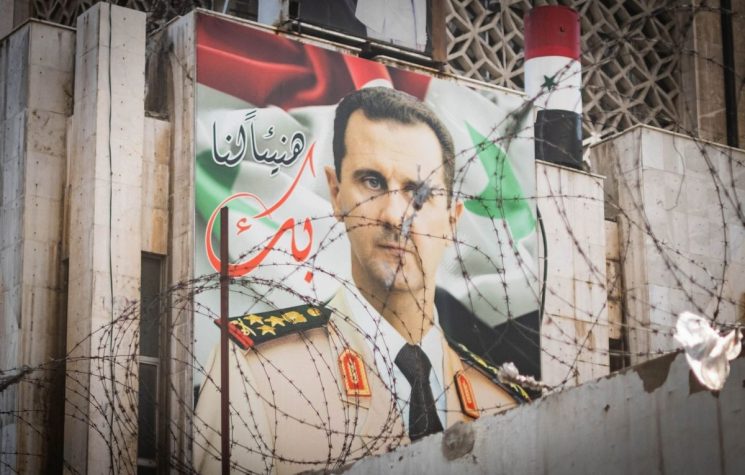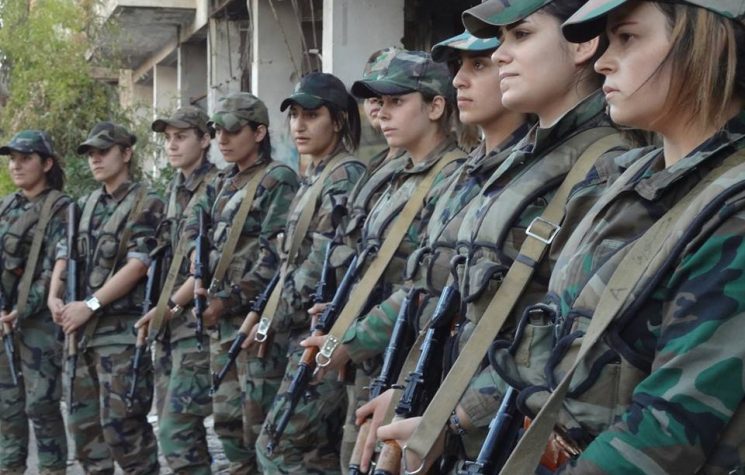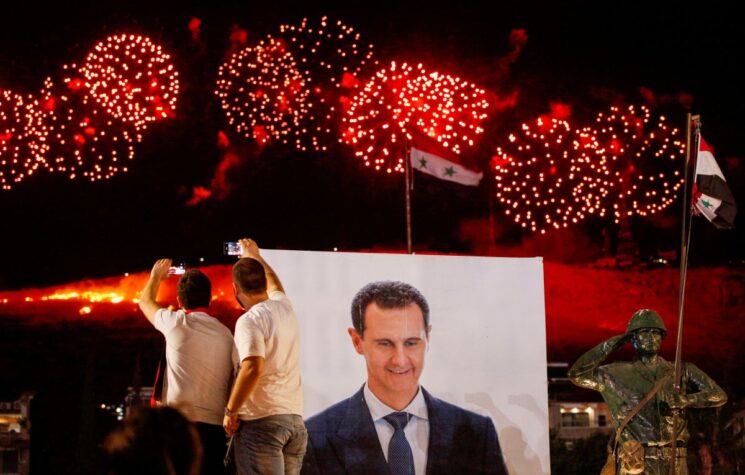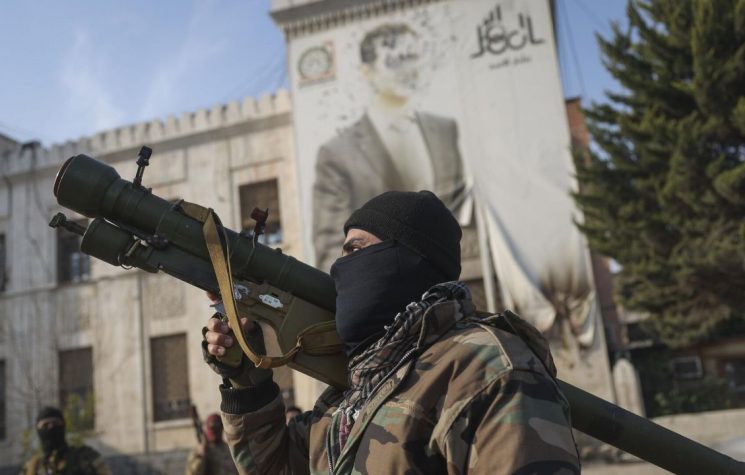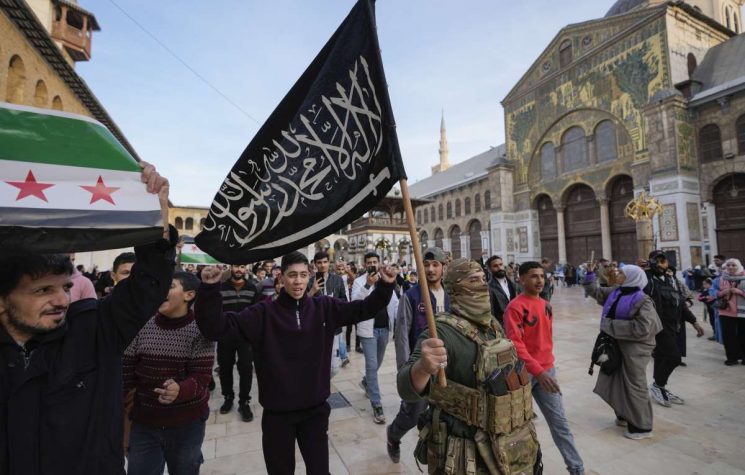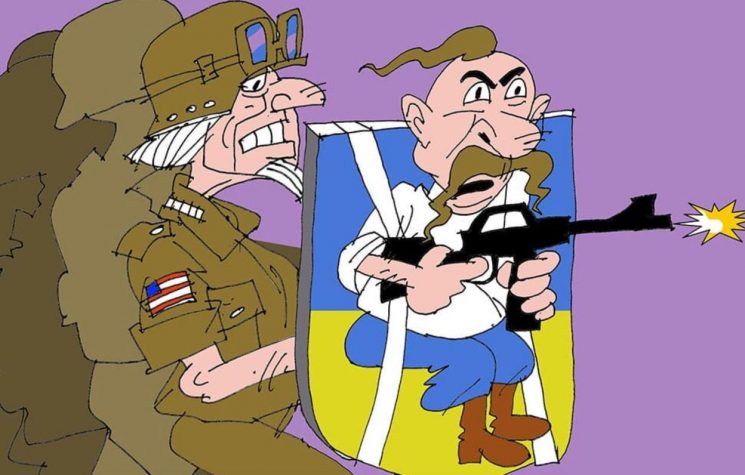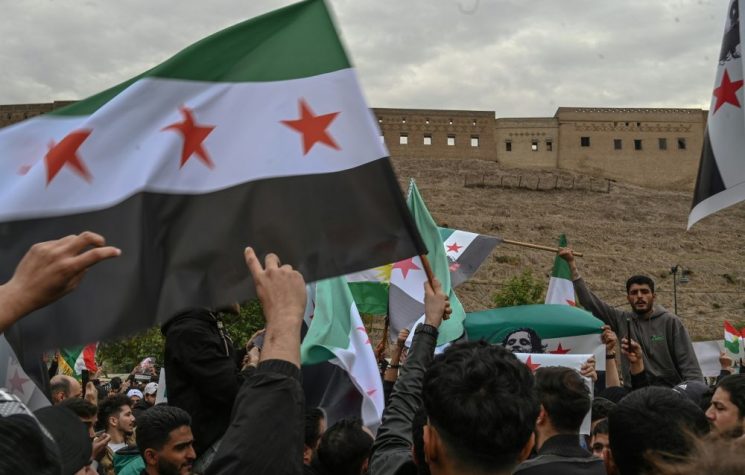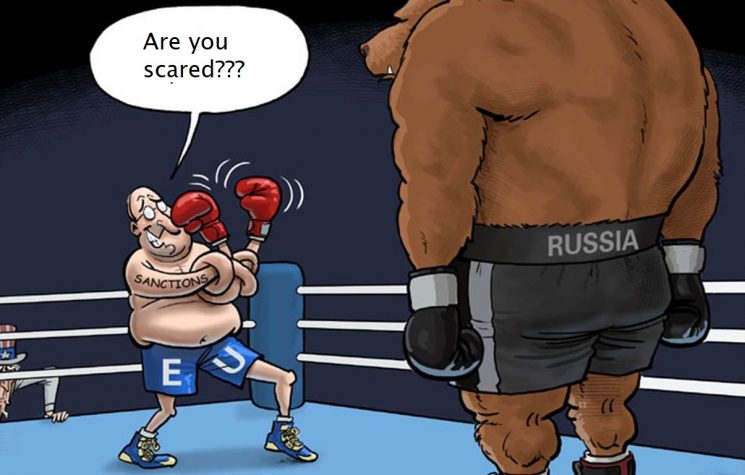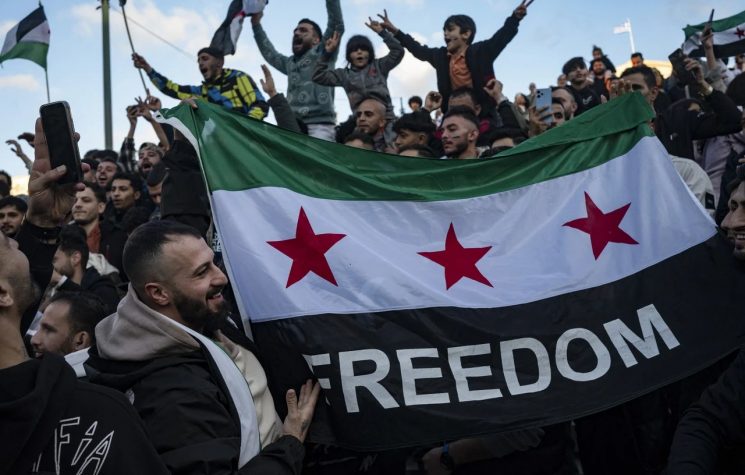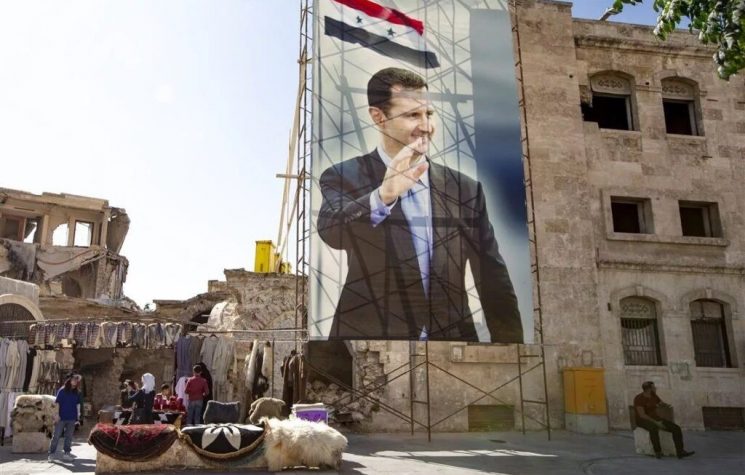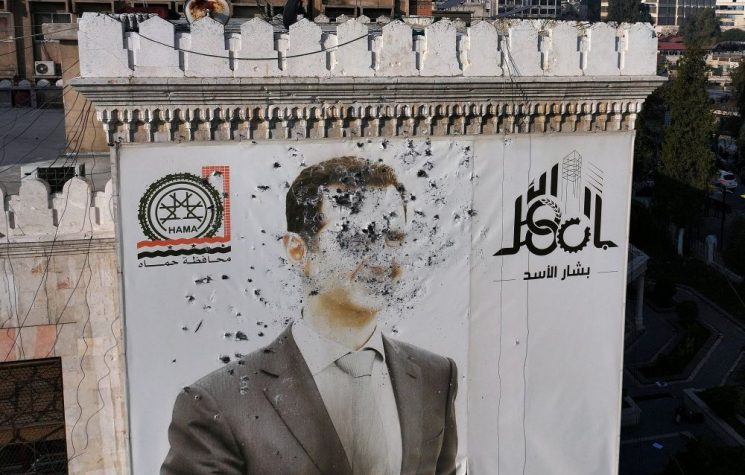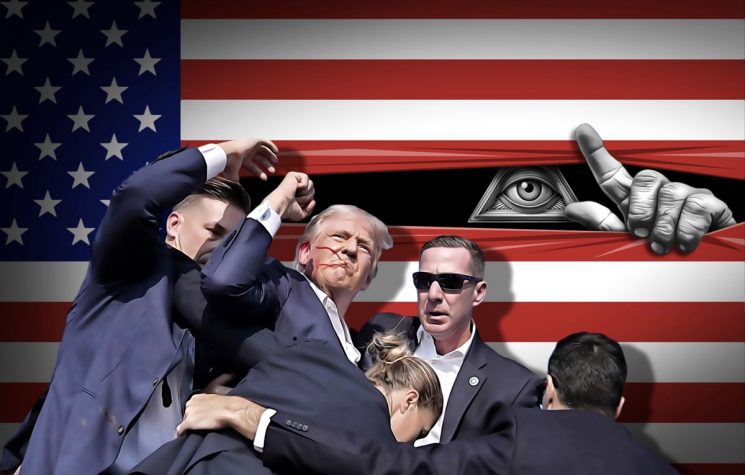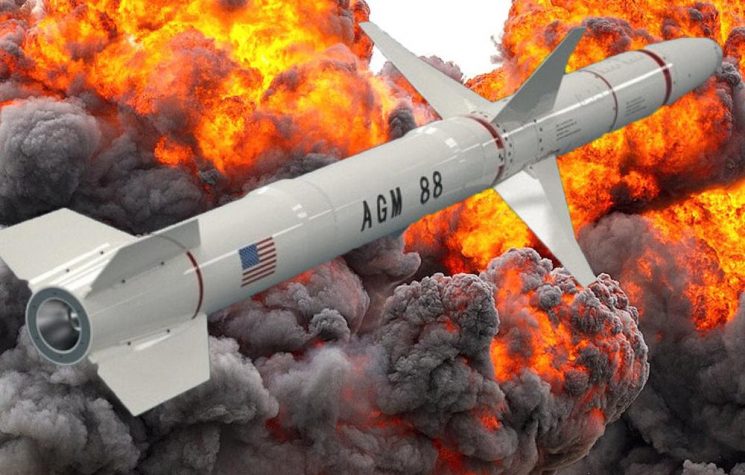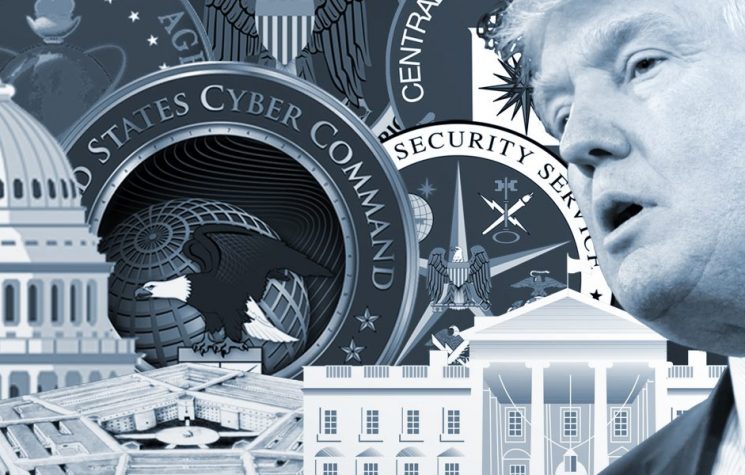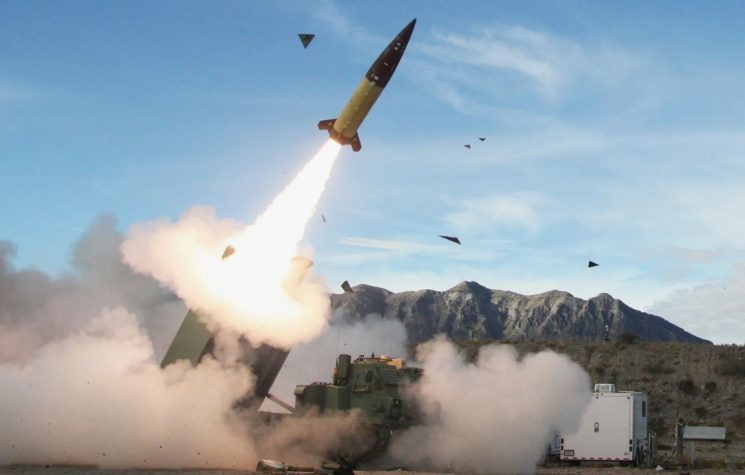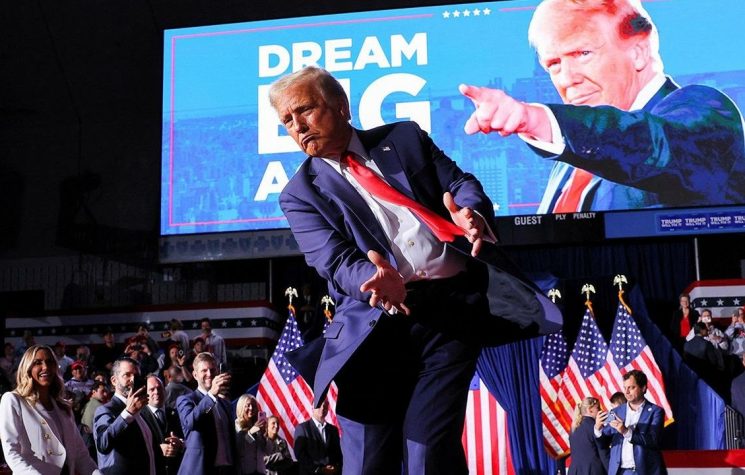Everything indicates that the Assad regime was indeed crumbling. All it took was a blow.
Contact us: info@strategic-culture.su
Very few people really know what happened – and is still happening – in Syria. We may never know what really happened. All most of us can do is speculate and analyze based on public information and logic. Sometimes logic is more accurate than information.
What we need to keep in mind is that Donald Trump’s election has changed everything. The American Deep State does not accept that he can put into practice what he has been talking about for a long time: withdrawing (or at least reducing the participation of) the United States from the great global geopolitical game. This would be a near-fatal blow not only to the imperialist domination of the United States, which has lasted almost 80 years, but to the entire international imperialist system that has been in force since the beginning of the last century.
That is why the Deep State made a very dangerous move – although it could turn out to be a masterstroke: it launched a series of offensives to leave the United States in a situation that Trump will not be able to reverse. This could even lead to a new world war, including a nuclear one.
Interconnected episodes of great magnitude then occurred at critical points in the Cold War (which is becoming less and less cold) with the Russians and the Chinese:
- The authorization for Ukraine to use ATACMS against Russian territory;
- The first use of ATACMS by Ukrainians inside Russia;
- The attempted military coup in South Korea;
- The devastating offensive by the “rebels” in Syria.
The advance on the Donbass front and the revelation of the Oreshnik are certainly important cards for the Russians to deter. However, there is a feeling in the government that the war needs to end as soon as possible and the risk of two new all-out wars in the vicinity of its territory (Syria and Korea) have raised the alarm in the Kremlin. At the same time, the frantic announcements of $725 million and $988 million, respectively, in military aid to Ukraine in the coming weeks, as well as $841 billion in defense spending for 2025, have shown the Russians that the Deep State is indeed capable of taking action and starting World War III.
Knowing that Vladimir Putin has already demonstrated that he is willing to fight for Ukraine, whatever the cost, and realizing the advantage the Russians have on the ground, the escalation at the end of Joe Biden’s administration would have served as a strong bargaining chip for imperialism to secure dominance on other fronts. For the first time, Vladimir Zelensky spoke of accepting dialogue with Russia and even seeking an agreed peace. In Paris, Trump met with the Ukrainian leader and reaffirmed Kiev’s surprising willingness to seek a possible peaceful solution in the short term.
It is possible that the Deep State exerted all this pressure to force Putin to give up Syria if it wants peace in Ukraine. The imperialists showed Moscow that they were willing to set the world on fire to protect their interests, and the Russians had to give up positions in the Middle East in exchange for guarantees in Eastern Europe.
After all, it would be extremely costly to maintain Bashar al-Assad’s regime. After 13 years of resisting imperialist aggression, Syria was already tired. Assad was not very popular among the population or among the state bureaucracy and the national bourgeoisie. The economic crisis was distressing and the armed forces were devastated. The Russians would only have to lose by intervening if the Americans really wanted to overthrow Assad once and for all. They would not be able to fight two wars at the same time.
Everything indicates that the Assad regime was indeed crumbling. All it took was a blow. And it came in an overwhelming way, with an alliance between the US, Turkey, Israel and Qatar. The Russians and Iranians had to accept it. But at least the Russians were able to take part in the agreement. They repelled the “rebel” forces near Latakia and Tartus, to protect their naval and air bases, but intelligence certainly knew that Assad would fall without Russian intervention and helped him escape. While the Iranian embassy was stormed and destroyed by the terrorists, the Russian embassy was unharmed.
The new regime has already announced that it will treat Russia as a partner like any other. Reports indicate that the military bases will be maintained. The Russian media no longer calls the terrorists terrorists, as it had done until the end of the week. It now calls them the “armed opposition”. The flag of the new regime has already been raised over the Syrian embassy in Moscow, without any inconvenience. Contrary to the trend in several countries whose regimes imperialism wants to overthrow, the Syrian opposition has not shown itself to be anti-Russian at any time during this fatal offensive. Compare what we see in Georgia, where a government much less influenced by Moscow is labeled a puppet of the Kremlin and protesters try to beat up anyone who speaks Russian.
Most of the state bureaucracy of the old regime (including diplomats in Russia) will be preserved. Prime Minister Mohammed Ghazi al-Jalali will remain in office. He was appointed by Assad on September 24, and I do not rule out the possibility that there was already a move to change the regime “peacefully.” His continued presence in office may have been a condition for the Russians to allow Assad to leave.
The situation for the Russians is not the same as it was in 2015. The necessary intervention in Ukraine took a lot of its military and economy. It was not possible to save Assad once again. Between Syria and Ukraine, the Russians would obviously choose Ukraine. The Russians have always had dialogue with many parties wherever they are, and in Syria it is no different. Assad was the first option, but not the only one. Now they will try to preserve their interests to a minimum, especially on the Mediterranean coast, and neutralize the United States as much as possible. We will see what happens in Georgia, which is nearby.
The Soviet legacy, since Stalin, is also highly valued by the current Russian bureaucracy. When it was necessary to sell off an allied country in order to preserve a more important one, Moscow never hesitated. The most famous example was the handover of Italy, mainly, and some other Western European countries, to the United States and the European imperialist bourgeoisie, saving them from the proletarian revolution, in order to obtain from them the guarantee that they would not interfere in Eastern Europe. In fact, the division of the world after the Second World War into zones of influence was a hallmark of Soviet diplomacy to preserve the interests of Moscow’s bureaucratic caste.
That was a betrayal by Stalin of the peoples of the world. But it would guarantee the survival of the Soviet bureaucracy for another 45 years. Putin’s current government is not founded on the foundations of a proletarian state, the fruit of a socialist revolution. Therefore, it has no obligation to save anyone. It fights for the interests of the new Russian state, which is weaker than Stalin’s Soviet one. It is understandable – even if one does not agree – that he gave up Syria to defend his positions in Ukraine against NATO aggression.
This does not mean that it was not a mistake. Much less that it was not a very important defeat. Nor does it mean that it contained the warlike and chaotic impulses of American imperialism.








